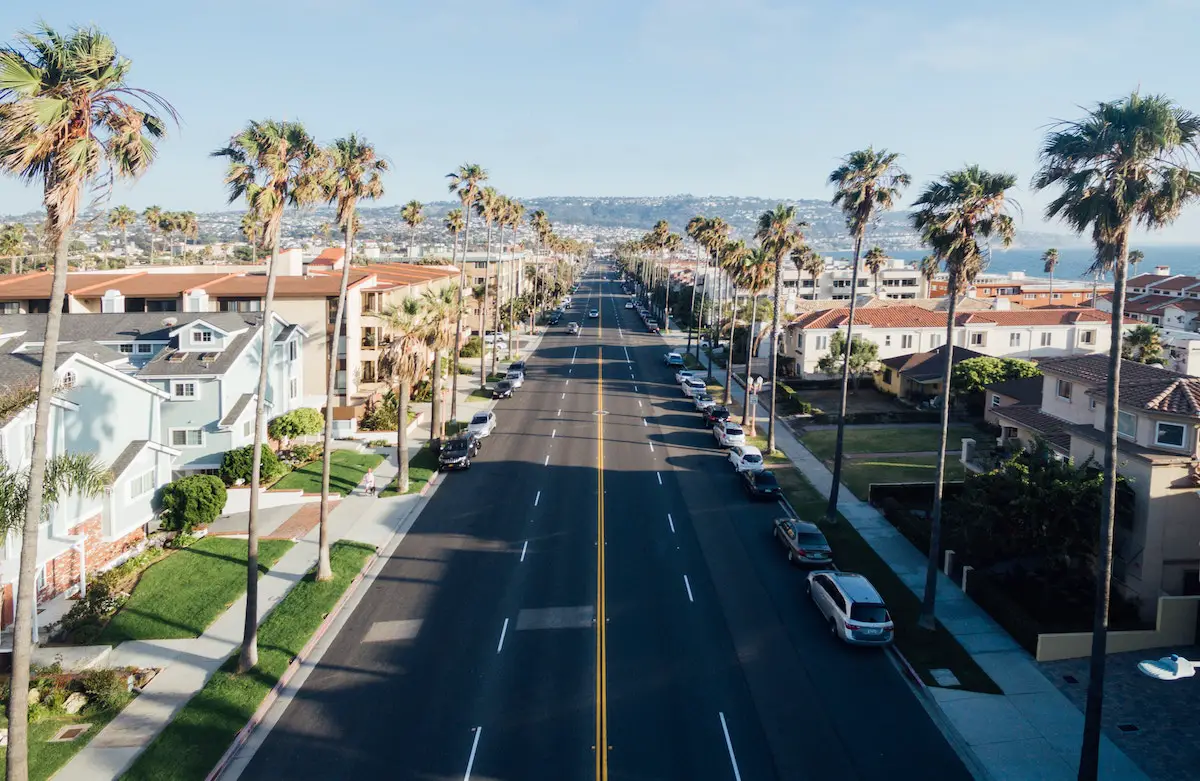Here at This Big City, we think the bicycle is a key component in creating sustainable cities. In fact, encouraging bicycle use seems like a total no-brainer to many of those whose work, studies, or just general interest points them in the direction of sustainable urbanism. But something is stopping the bicycle from becoming a mainstream mode of transport in many cities, and we want to know why. So This Big City and Future Cape Town are devoting this Wednesday’s #citytalk tweetchat to the topic of cycling and cities.
We’re lucky enough to have the European Cyclist’s Federation (ECF) joining us for the chat. Here’s what they had to say about why cities should become cycling cities:
By 2050, we’re going to see 3-4 times more global passenger mobility and we’re going to have to accommodate the transport needs of more than 9 billion citizens. Mass urbanization presents an amazing opportunity to get more people cycling: 30% of urban trips are less than 3km (1.86 miles) and more than half of all trips are less than 5km (3.1 miles).
But something’s holding our cities back – how can cycling move from being an untapped opportunity to a sustainable reality? Here’s the ECF’s take:
Planners have to radically rethink the way they approach urban design. First and foremost, they need to ask themselves: who are cities for? The answer should be people. In the next 50 years, we must create towns and cities that are designed for people, not machines. To get more people cycling, ECF is doing two things. We’re strengthening cycling advocacy groups within Europe and abroad, and we’re influencing policy in favour of cycling within political, economic, and social institutions. We also organize the biggest global cycling policy conference, Velo-city, which gets over 1000 specialists talking about cycling and how to get more people on bikes.
Organisations like the ECF are doing fantastic work, and we’re thrilled to have them joining us for Wednesday’s #citytalk. We’ll also be joined by Iván De la Lanza from Ecobici – Mexico City’s cycle hire scheme. Iván and Ecobici approach urban cycling from a different angle to the ECF, providing a municipal cycle hire scheme for residents and visitors to Mexico City. Here’s what Iván had to say about the role of urban cycle hire schemes:
The construction of cycling infrastructure, such as cycle hire schemes, and the support of bicycle culture in general encourages a more sustainable and competitive Mexico City. It also helps citizens have a better quality of life. These benefits are easily noticeable. By providing an easy, safe and comfortable mobility option, there are environmental improvements, as well as improvements to citizens’ health and productivity. This transformation of the streets has the power to turn the city into a more equitable place.
Iván makes a point explored in-depth on This Big City in the past – the advantages of bicycle use can be truly far-reaching. But as the world appears to be waking up to the potential of the bicycle for developing sustainable cities, we have just as many questions (if not more!) about how cycling cities can transition from idea to mainstream reality.
That’s why we want your thoughts on this massive topic. Join This Big City, Future Cape Town, the European Cyclist’s Federation and Iván De la Lanza from Ecobici on Wednesday April 18th at 7PM BST/8PM CEST+SAST/2PM EDT to talk cycling and cities on Twitter.


